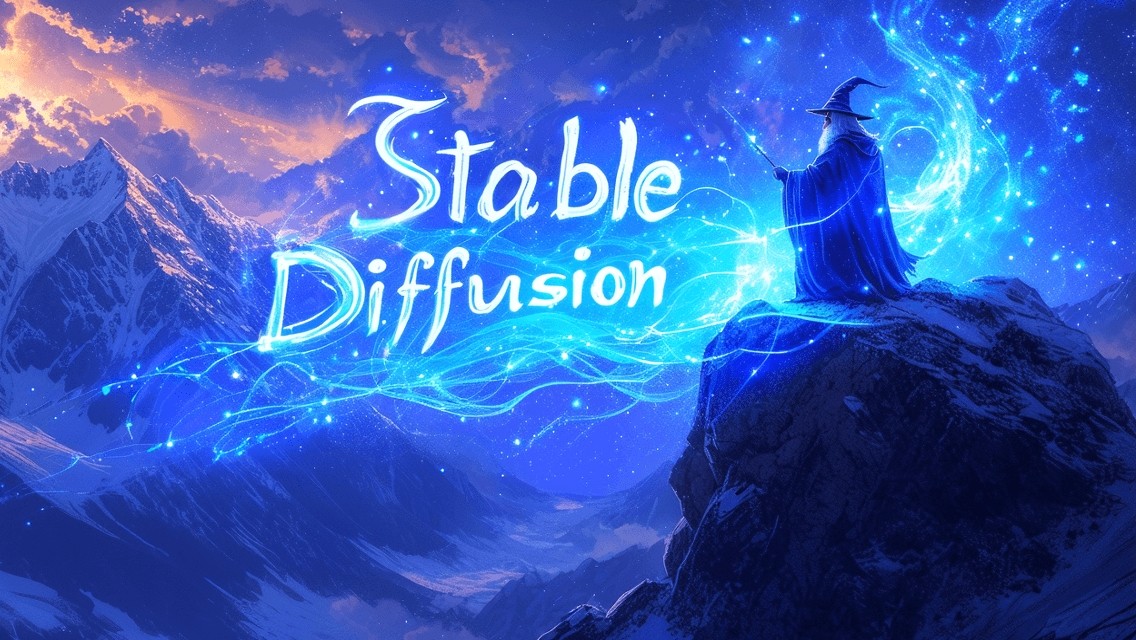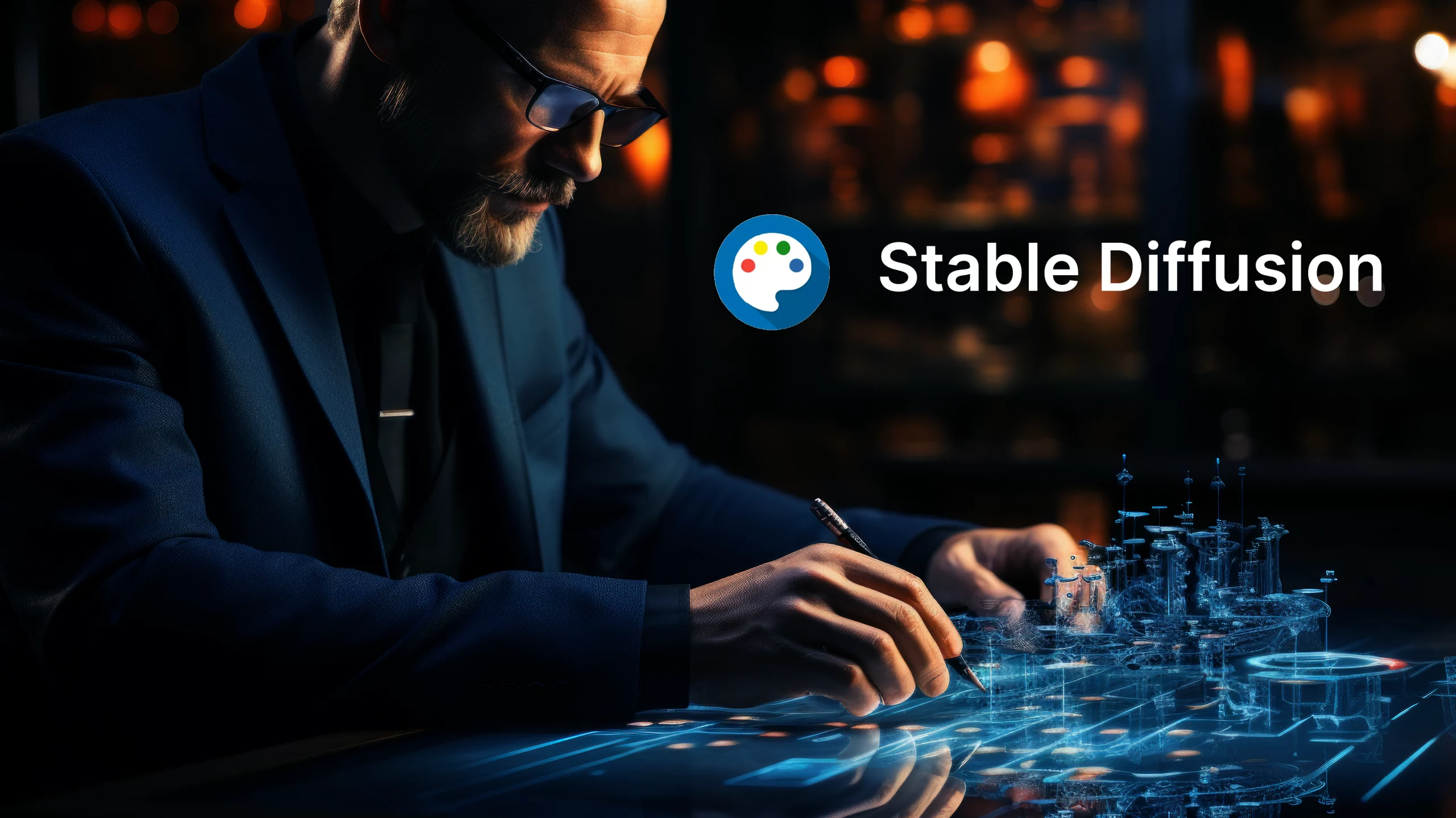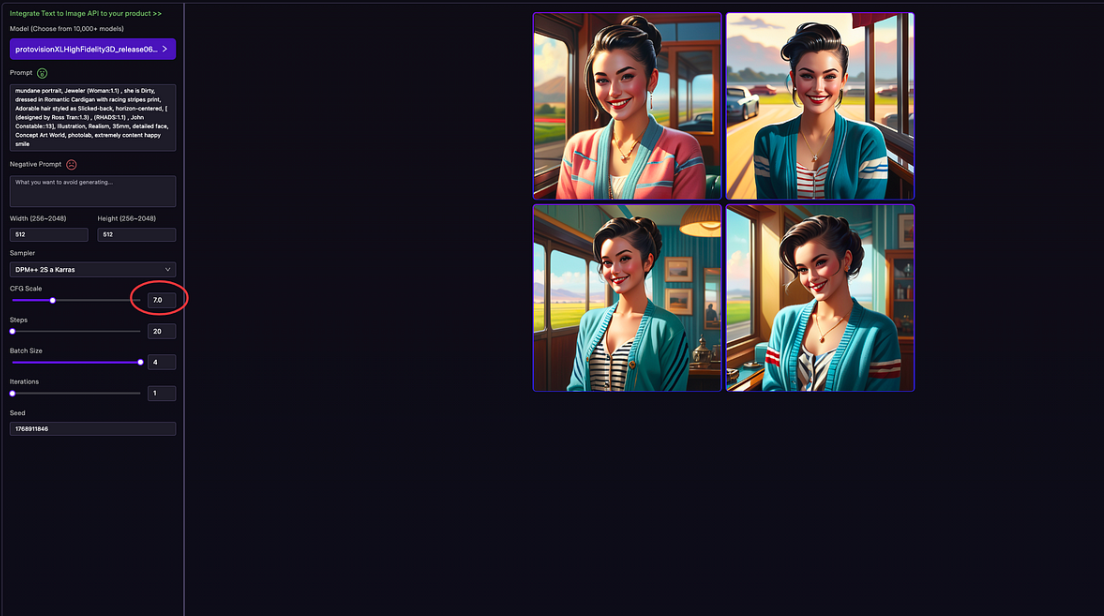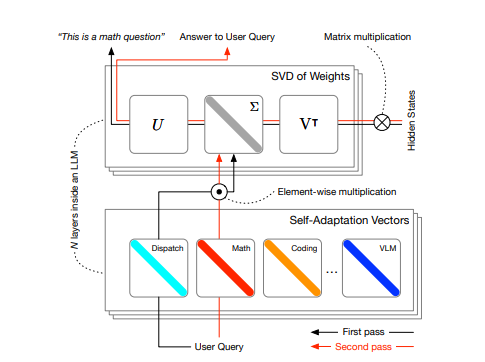At the CES2025 exhibition, NVIDIA CEO announced the launch of a desktop computer called "Project Digits", which is specially designed for AI development. It is known as the world's smallest personal AI supercomputer and is scheduled to be launched around May.
Project Digits is equipped with the latest GB10Grace Blackwell super chip, including NVIDIA Blackwell GPU, with the latest generation CUDA core and fifth-generation Tensor Cores, capable of running complex AI models and processing up to 200 billion parameters. In addition, each device comes standard with 128GB of unified memory and up to 4TB of NVMe high-speed storage to ensure efficient data processing and storage.
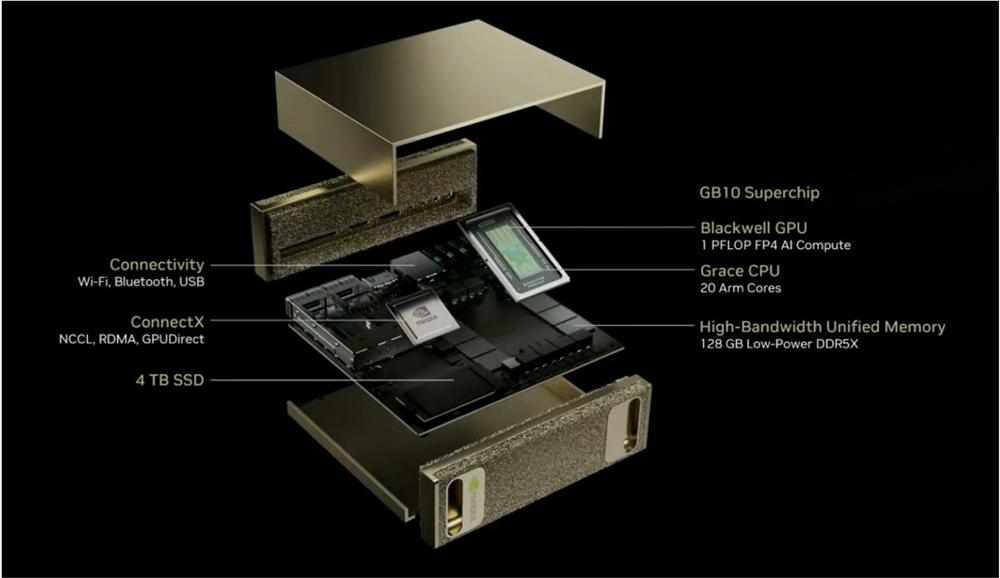
Users can also simply connect two Project Digits to build a more powerful computing cluster that can easily handle ultra-large models with 405 billion parameters. This innovative design not only meets the stringent needs of data scientists and professional researchers in the AI field, but also provides an ideal platform for students and developers who are keen on deep learning exploration.
In a personal workspace, users can enjoy an efficient and convenient local development and testing environment, accelerate the pace of innovation, and even have the opportunity to participate in cutting-edge practices of AI technology to promote technological progress. In actual application tests, Project Digits demonstrated amazing performance. Relying on the latest Nvidia AI Enterprise software suite, users can seamlessly develop, test and deploy AI models on this platform, greatly simplifying the workflow.
AI courses are suitable for people who are interested in artificial intelligence technology, including but not limited to students, engineers, data scientists, developers, and professionals in AI technology.
The course content ranges from basic to advanced. Beginners can choose basic courses and gradually go into more complex algorithms and applications.
Learning AI requires a certain mathematical foundation (such as linear algebra, probability theory, calculus, etc.), as well as programming knowledge (Python is the most commonly used programming language).
You will learn the core concepts and technologies in the fields of natural language processing, computer vision, data analysis, and master the use of AI tools and frameworks for practical development.
You can work as a data scientist, machine learning engineer, AI researcher, or apply AI technology to innovate in all walks of life.
